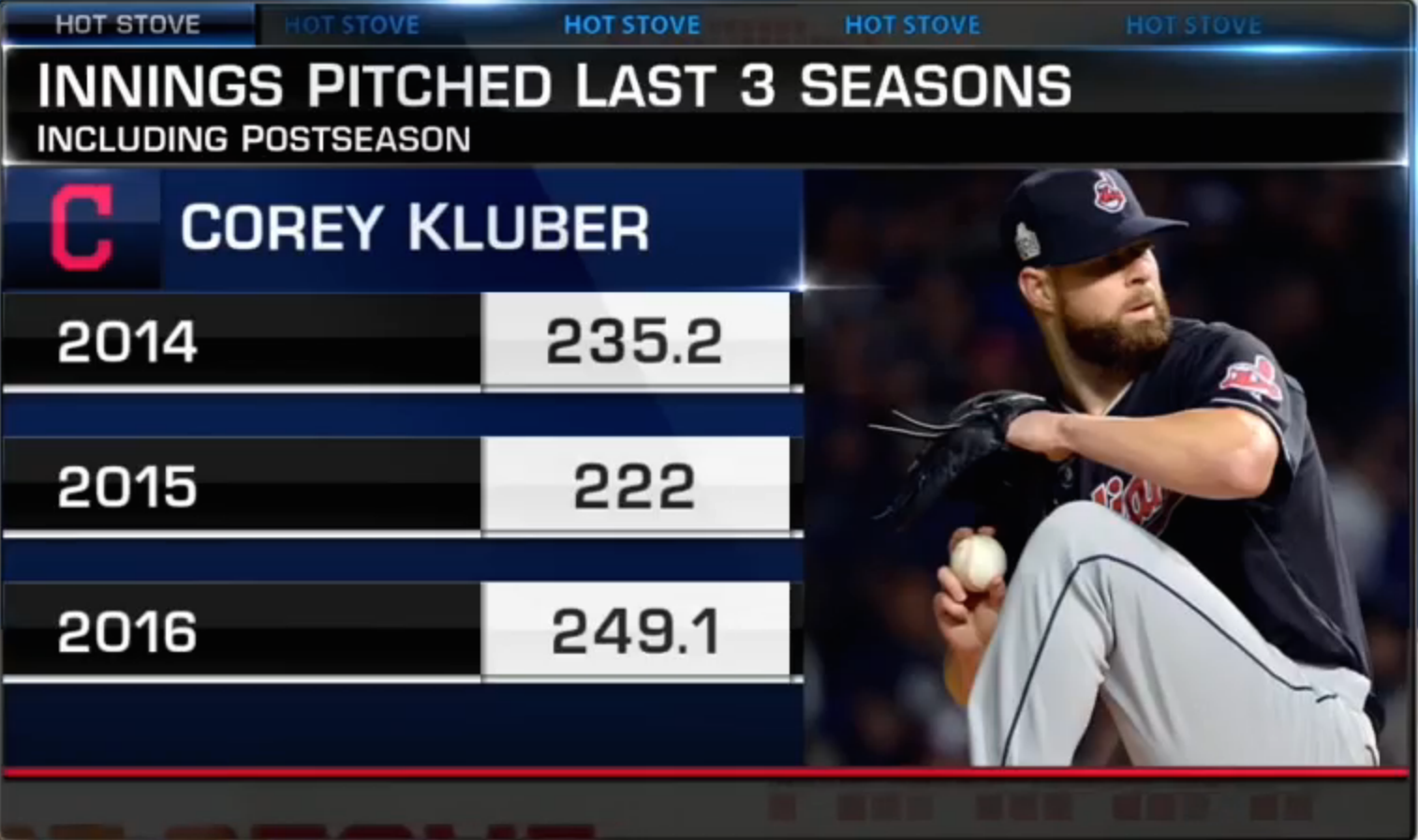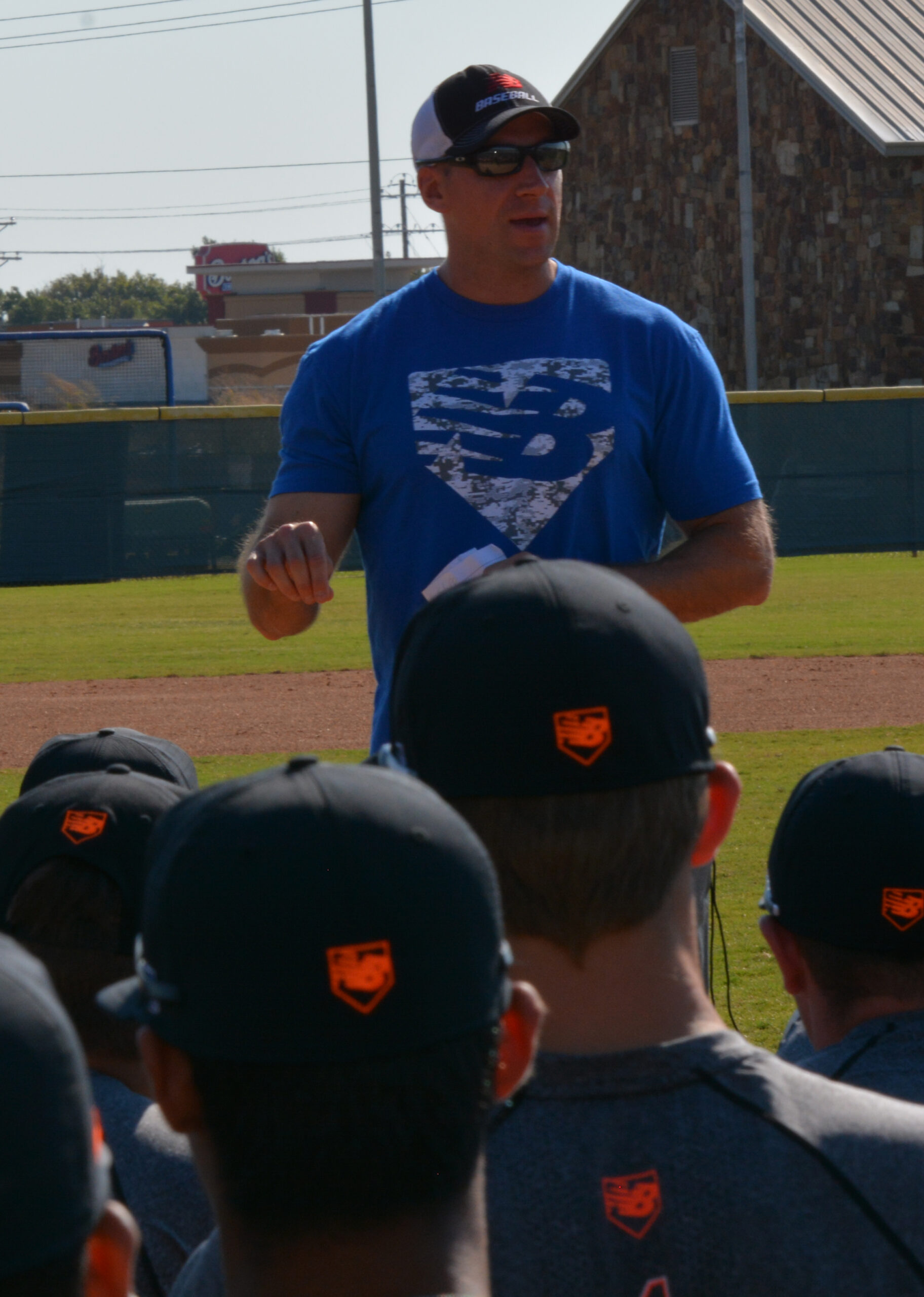College Baseball Recruiting
High-Quality Information That’s Rooted in Science and Real-World Experience.
ERIC CRESSEY

Eric Cressey is president of Cressey Sports Performance, with facilities in Palm Beach Gardens, FL and Hudson, MA. Also an author, speaker, podcaster, consultant, researcher, and angel investor, Eric has worked with clients from youth sports to the professional and Olympic ranks, but is best known for his extensive work with baseball players; more than 100 professional players train with him each off-season.
FEATURED CONTENT
© 2024 Cressey Training Systems, LLC | Privacy Policy | Terms of Use
Designed & built by Perceptively.com
© 2024 Cressey Training Systems, LLC
Privacy Policy | Terms of Use
Designed & built by Perceptively.com




